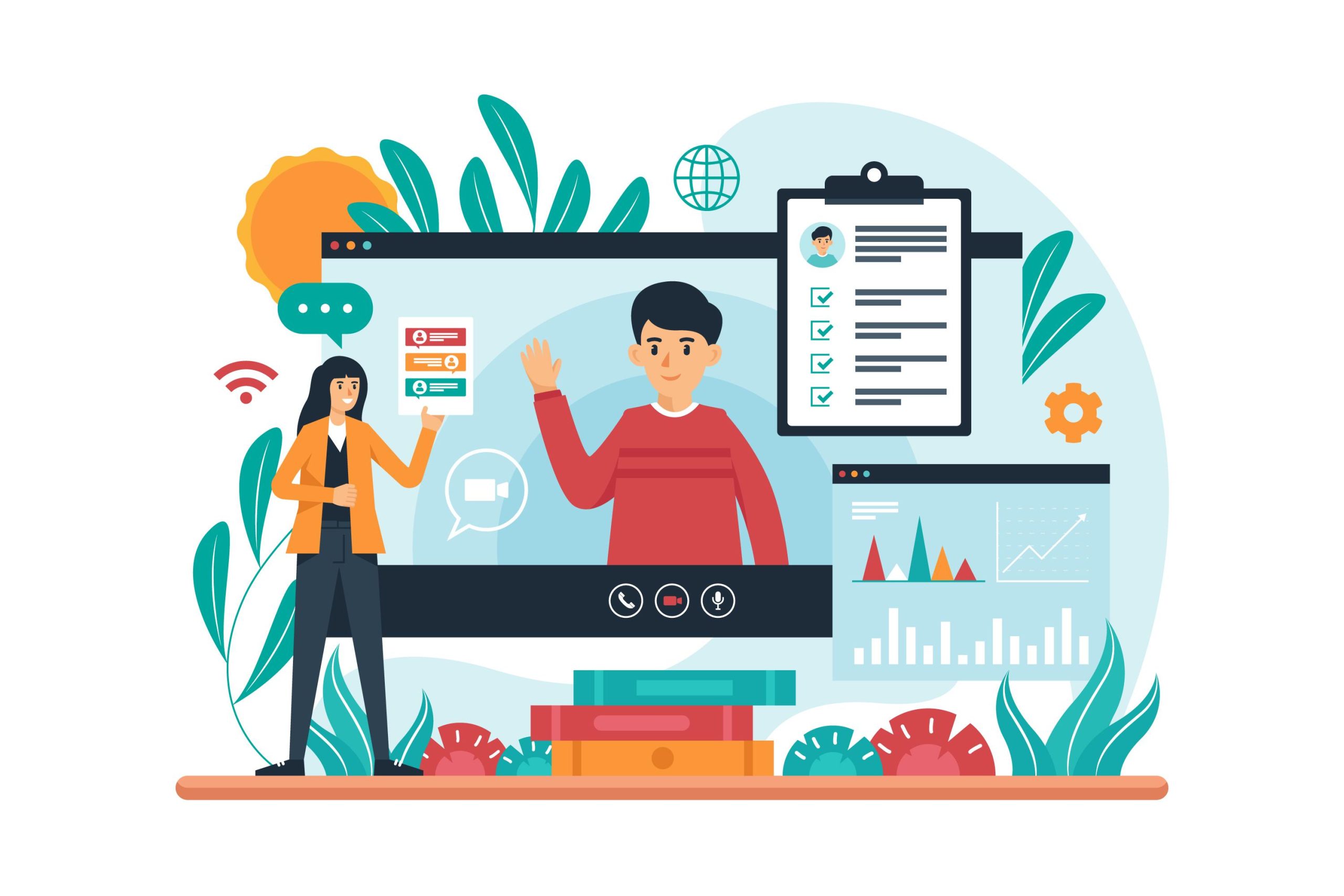Microlearning, as a concept, is transforming the eLearning landscape, offering tailored solutions for the modern learner. This educational method leverages brief, targeted learning experiences that cater specifically to Generation Z’s preferred fast-paced, technology-driven learning habits. As we delve deeper into the impact of this innovative approach, we see how it uniquely meets the demands of today’s digital-native audience.
One of the primary advantages of microlearning is its ability to deliver content in small, digestible chunks. This design aligns perfectly with the shortened attention spans posed by endless digital distractions. By focusing on concise modules, learners can absorb information quickly and efficiently, leading to better retention and increased engagement. This method suits the Gen Z and Millennial learners who are accustomed to consuming information through short-form content on platforms like TikTok and Instagram.
Microlearning also offers significant flexibility in how and where learning occurs. In today’s fast-paced world, the ability to learn anytime and anywhere is crucial for accessing a global classroom. Mobile learning plays a pivotal role in ensuring learning materials are accessible on devices that learners are already using daily. Through apps and online platforms, learners can seamlessly integrate educational moments into their daily routines, making the process more intuitive and less of a chore.
The adaptability of microlearning extends to various learning styles and preferences. By utilizing diverse formats such as videos, quizzes, infographics, and interactive modules, it reaches a broader audience. This variety ensures that learners are not only engaged but also receive content in a manner that suits their individual learning styles. Such personalization fosters an inclusive learning environment that meets every learner’s unique needs.
Moreover, microlearning addresses the modern need for just-in-time learning – providing information when it is most needed. This aspect is particularly useful in corporate training and professional development, where employees require immediate access to information to solve problems quickly. By offering concise modules focused on specific topics, learners can retrieve relevant content precisely when necessary, enhancing productivity and practical application of skills.
Importantly, microlearning facilitates continuous learning, encouraging an approach where education is ongoing rather than confined to formal settings. This methodology supports the idea of lifelong learning, helping individuals stay current with industry trends and continuously upgrade their skills. In a world where change is constant, the ability to learn and adapt quickly is invaluable for personal and professional growth.
In conclusion, microlearning represents a revolutionary advancement in the eLearning sphere, catering to the needs of modern learners seeking efficiency, flexibility, and relevance. Its impact extends far beyond traditional education models, offering a dynamic and interactive experience that aligns with learners’ expectations. With its ability to meet the demands of the digital age, microlearning is indisputably shaping the future of education for an increasingly connected world.
